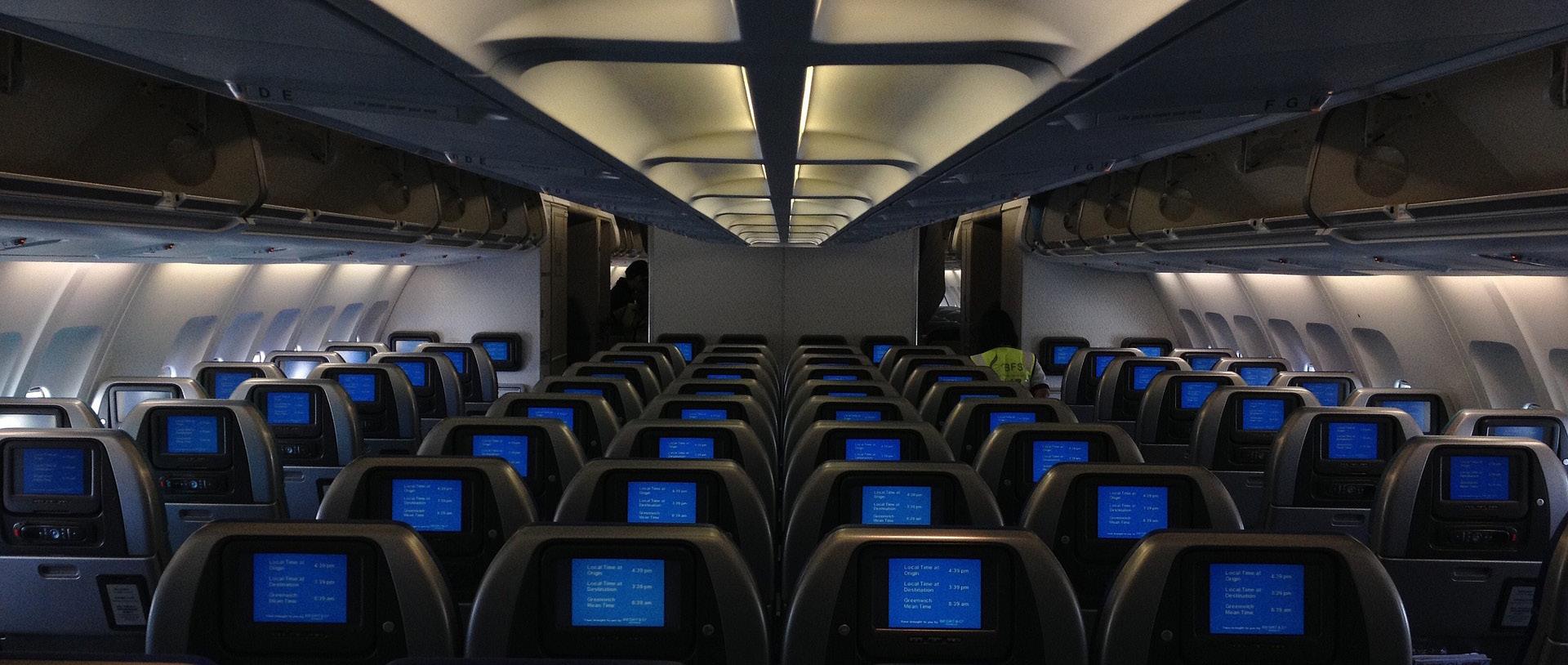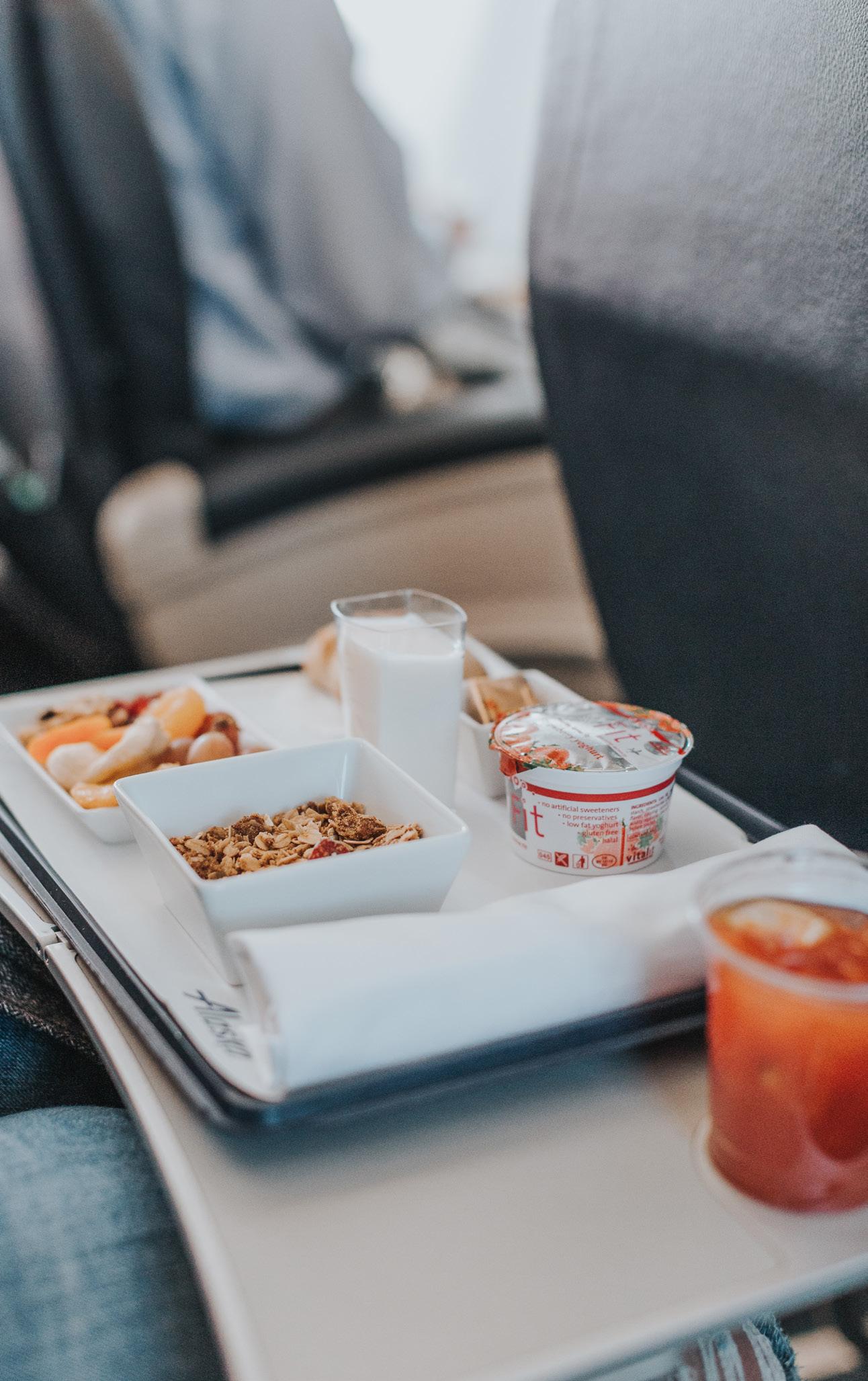
2 minute read
What kind of images do passengers want to see?
When you are showing off different products or services, with a view to getting passengers to book a fare with you (or buy an ancillary product), what do people want to see?
The evidence is that they want to see other people.
Advertisement
ATPCO's content experts found this out by way of a series of passenger studies. This research is as yet unpublished in a trade publication and so we’re pleased to be able to share some of it here.

Show people in your seats
Let’s assume you are refreshing your economy cabin, something a number of airlines have been doing recently.
You want to show off the various improvements, or perhaps you have installed a completely new seat.
The assumption might be that showing a person in the seat gets in the way of showing off the features, but in fact ATPCO research found that actually, people want to see people.
Show people watching the IFE System
The same applies to your IFE system, passengers don’t want to just see the screen, they want to see other people watching the screen.
Show people eating, and be specific about the menu

When showing meals, the best practice is to display close up pictures of people enjoying a meal or a beverage, and also to reerence specific menu items.

Two surveys from ATPCO found that 63% and 65% of respondents preferred this type of content.
ATPCO research surveyed over 500 passengers per study.
ATPCO content experts emphasise that airlines should supplement this with more detailed studies to take account of specific geographies, routes and local cultures.
This is something that the ATPCO team is able to do as part of its Agency service, there is more information on the ATPCO website.










